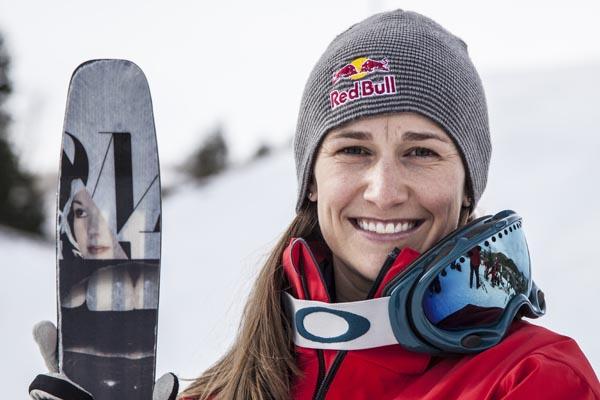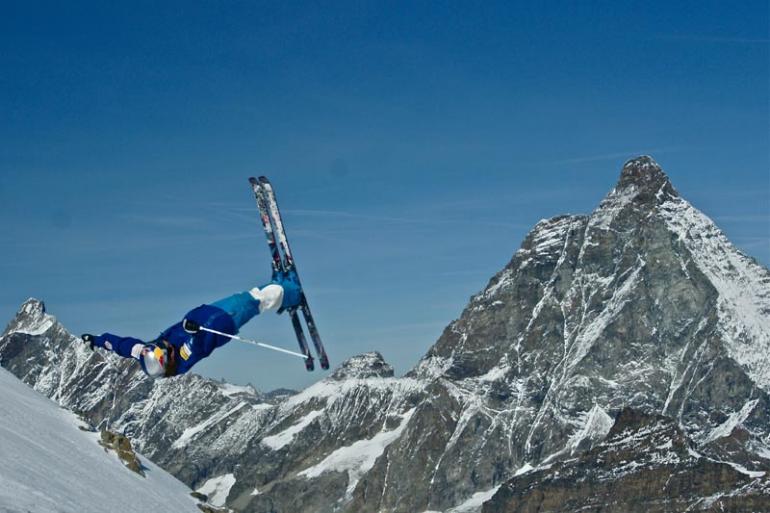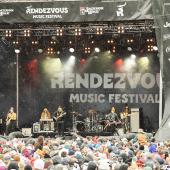Peak Performance
Diving in with Heather McPhie on motivation and mindset.
Every sport has its own unique mental components. In a sport like golf, we control the pace of much of the action, but in a sport like freestyle skiing, with its aerials and moguls, the pace is so fast that skiers are that much more at the mercy of the mountain. They have to accept what is coming their way, and work with it in the moment while still displaying mastery of speed, difficult tricks, technique, and form.
Having recently worked with freestyle skiers honing their mental game, I was excited to learn more from local ski legend and Olympian Heather McPhie, a national champion and one of the top three mogul skiers in the world. McPhie previously said she enjoys the process of taking her performance "one twist higher." Instantly, I was reminded of Nigel from the rockumentary, This Is Spinal Tap. An amazing performer in his own right, Nigel says, "Most blokes will be playing at ten. Where can you go from there? When we need that extra push over the cliff, you know what we do? 11. Exactly. One louder." So I had to ask Heather, "How do you get to 11?"
She treated this intellectually advanced question with due respect. When her laughter subsided, she said, "There's something different when I know it really matters. I think there’s this tiny bit of me that is conserving for that moment… I know what it feels like… you can’t force it."
She said that outcome goals, like Olympic medals, serve as carrots to train on the days when she might not especially want to. But McPhie also emphasized that a mastery-oriented approach is the key ingredient to how she became so good. Mastery approaches emphasize attunement to components of skills (like pole plants), and emotional fulfillment hinging on betterment of skills rather than through winning. For many athletes, paying attention to the scoreboard is distracting and anxiety provoking. And yet, it seems McPhie is able to thrive within the pressure of competition.
For some well-trained freestyle skiers, it seems competition can bring out a little something extra, as they become just a smidge more psyched up. Knowledge of competitors' finishes simply becomes data, rather than internal chatter with judgments or expectations. An internal belief system dominated by quiet (not boisterous) confidence allows these athletes to enjoy high stakes.
The kinds of performances that McPhie showcased with her Nationals win in Vermont, and her World Cup victory in Ruka, Finland, are the types of showings that are made of flow. For athletes to experience the mental state referred to as "the zone" or "flow," where everything clicks and they are immersed in the present moment, a prerequisite is a match between one’s ability and the level of challenge. If an elite athlete feels under-challenged, a good performance—but likely not a best performance—may follow. But for the very best athletes, the challenge associated with competing against top opponents can potentially serve as a catalyst for dream runs.
In fast-paced pursuit of freestyle skiing, McPhie has shown her hometown and the world how enjoying the process—and the thrill of high stakes—can bring forth one’s best.
Tim Herzog works with people looking to feel and perform their best, in his practice Reaching Ahead. Find more information at reachingahead.com.
Action shot courtesy of Garth Hager; headshot courtesy of Harald Marbler.












